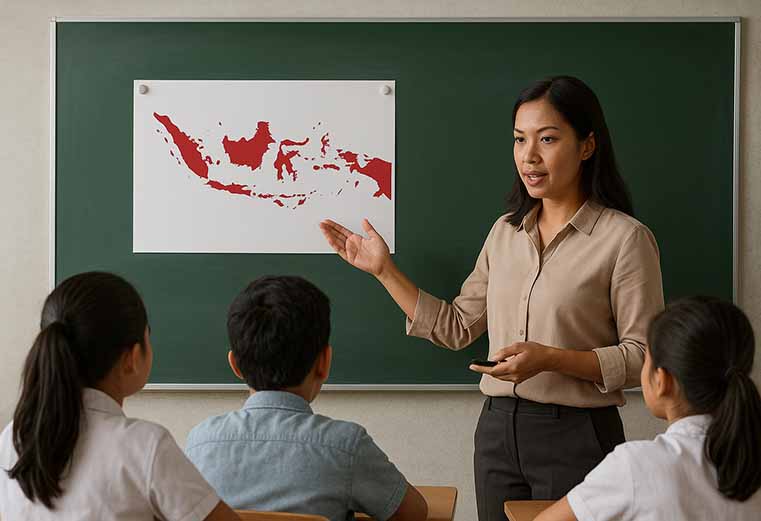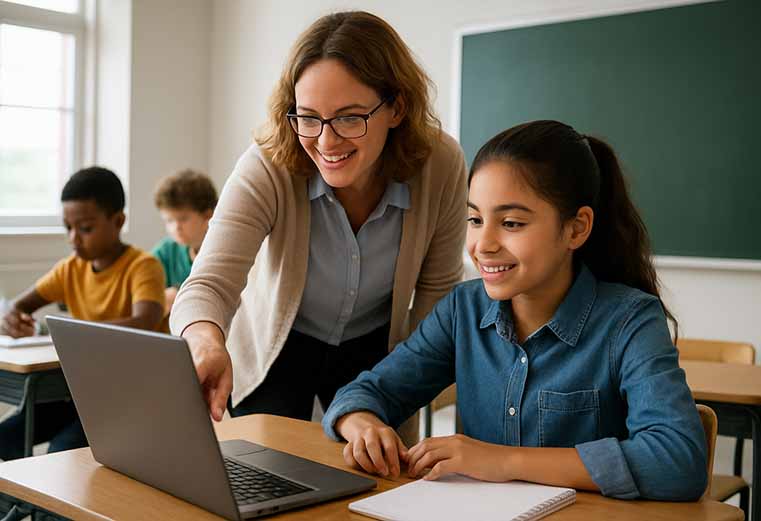Understanding the Core of Merdeka Curriculum Shaping the Learning

The Merdeka Curriculum, introduced in Indonesia, represents a shift toward a more flexible and student-centered educational framework. Unlike the traditional system that emphasized standardized content and rigid assessments, this approach focuses on developing competencies, creativity, and character. Students are given greater autonomy in selecting subjects, while teachers are encouraged to adapt lessons to local contexts.
The foundation of this curriculum is rooted in the belief that education should empower learners to explore, create, and develop at their own pace. Instead of measuring success solely through examinations, it emphasizes mastery of concepts, critical thinking, and problem-solving abilities. This flexibility is expected to better prepare students for real-world challenges where adaptability and collaboration are essential.

Benefits for Students and Educators
One of the key advantages of the Merdeka Curriculum is the freedom it grants both students and teachers. Learners gain the opportunity to explore areas of interest, which fosters intrinsic motivation and deeper engagement with academic material. For instance, students who enjoy science can participate in project-based experiments, while those passionate about literature can dive deeper into writing and storytelling.
Teachers also experience greater professional autonomy. They are not bound by rigid lesson plans but can instead design modules that suit their classroom’s unique dynamics. This approach not only reduces stress but also encourages innovation in teaching strategies. As a result, educators can focus more on holistic development cultivating not only knowledge but also character values such as empathy, cooperation, and resilience.
Educational innovation also benefits from external references and global research. Platforms such as https://lenss.cs.tamu.edu provide valuable resources that highlight collaborative learning, system analysis, and adaptive approaches that align with the principles of the Merdeka Curriculum. By accessing such knowledge hubs, schools and teachers gain inspiration to apply flexible methods that are effective in diverse classroom contexts.
In addition, schools that adopt the Merdeka Curriculum often integrate local wisdom and community-based learning. This creates a stronger bond between education and society, ensuring that students grow with a sense of cultural identity while still developing global competencies.
Challenges in Implementation
While the Merdeka Curriculum offers significant benefits, its implementation is not without challenges. One of the most pressing issues is the readiness of educators. Not all teachers have been adequately trained to shift from traditional teaching methods to a more student-centered approach. This gap can result in inconsistent application across schools.
Infrastructure also plays a crucial role. Rural schools with limited access to resources may struggle to adopt project-based or technology-supported learning. The curriculum’s success depends heavily on supportive facilities, sufficient learning materials, and reliable training programs for educators.
Another challenge lies in assessment. Transitioning from standardized tests to competency-based evaluations requires new tools and methodologies. Without clear guidelines, schools may face confusion in measuring student progress fairly and accurately.
Despite these hurdles, continuous professional development programs and policy support are being introduced to ensure a smoother transition. Stakeholder collaboration between government, teachers, parents, and the community is essential for the Merdeka Curriculum to achieve its intended goals.
Long-Term Impact on Education
The long-term vision of the Merdeka Curriculum is to nurture a generation of learners who are independent, creative, and adaptable. By moving away from rote memorization, students are expected to become problem solvers who can thrive in unpredictable environments. This is particularly important as the workforce continues to evolve, demanding skills such as collaboration, communication, and digital literacy.
For educators, the curriculum provides a platform to continuously innovate and grow professionally. It allows teachers to design learning experiences that are meaningful and relevant, ensuring that education is not just about academic achievement but also about shaping well-rounded individuals.
Moreover, the broader education system benefits from cultivating graduates who are capable of contributing to society in diverse ways. Whether in science, arts, business, or community development, students nurtured under the Merdeka framework are envisioned to carry forward values of responsibility and integrity.
In this way, the Merdeka Curriculum is not only a reform of teaching methods but also a transformation of the national vision of education. It aligns with the global shift toward flexible learning systems, where students are equipped not only with knowledge but also with the ability to adapt, lead, and innovate.
More News from UW

Peluang dalam Dunia Esports di Luar Kompetisi Resmi
August, 2025
Event esports kini tidak hanya berlangsung secara online, tetapi juga diadakan secara langsung di...
read more
